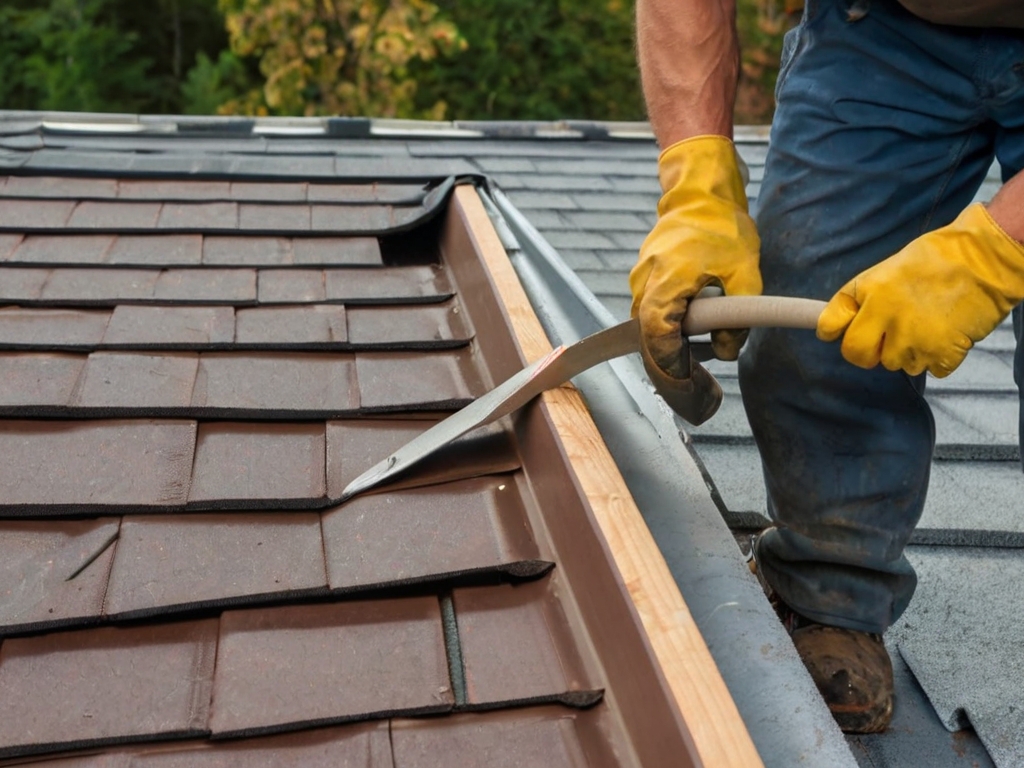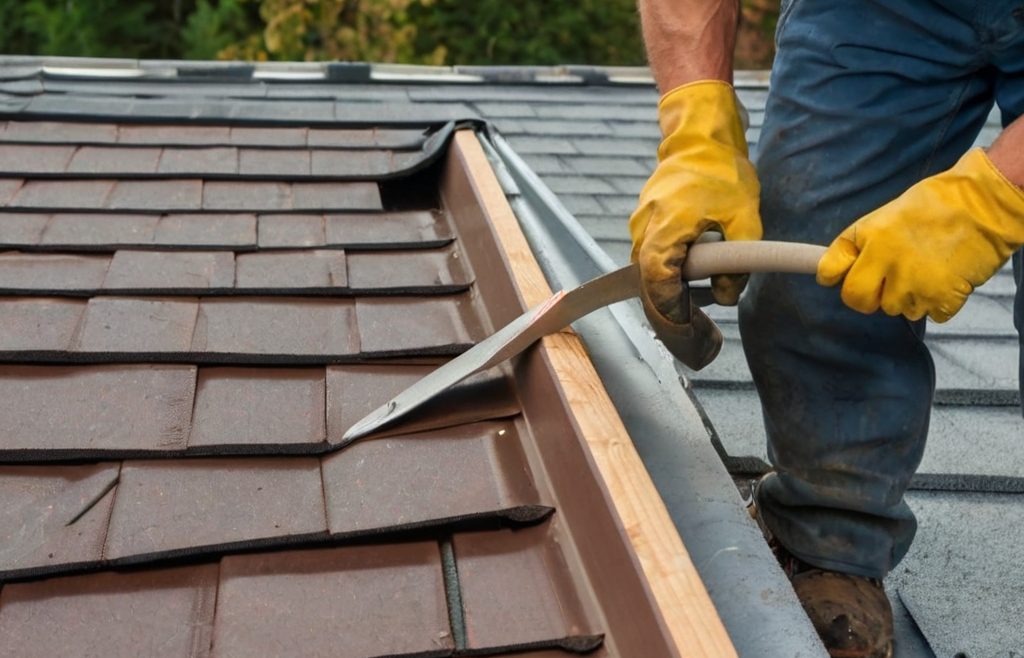When planning a construction or renovation project in West Palm Beach, Florida, many homeowners and property developers often ask: “Is a roofer considered a carpenter?” While both professions work extensively with building structures, the short answer is—not exactly. But the relationship between the two trades is far more nuanced, especially in the diverse and evolving world of skilled trades in South Florida. Let’s dive into the details to better understand how roofing and carpentry overlap—and how they remain distinct.

Understanding the Roles: Roofers vs. Carpenters
At their core, carpenters are skilled craftsmen who construct, install, and repair structures and fixtures made primarily of wood and other materials. Their expertise spans a wide range of tasks—from framing houses and building decks to installing cabinetry and trim.
On the other hand, roofers specialize in installing, repairing, and maintaining roofing systems. This includes working with a variety of materials such as shingles, metal panels, tiles, and underlayment systems. While roofers may engage in some woodwork (especially when addressing roof decking or structural repairs), their focus remains firmly on the roof’s waterproofing and protective function.
Key Differences Between Roofers and Carpenters
Let’s break down the main areas where roofers and carpenters differ:
| Category | Carpenters | Roofers |
|---|---|---|
| Primary Materials | Wood, plywood, composite materials | Shingles, metal, tiles, felt, membranes |
| Main Focus | Framing, finish carpentry, formwork | Waterproofing, roofing systems, ventilation |
| Training & Tools | Saws, hammers, chisels, levels | Nail guns, roofing hammers, torches, sealants |
| Licensing Requirements (Florida) | General contractor or specialty carpenter license | Roofing contractor license (mandatory in Florida) |
👉 In Florida, roofers are licensed separately from carpenters. This means they operate under a different regulatory and safety framework—especially when serving regions like West Palm Beach, where building codes must account for hurricane-resistant roofing systems.
Where the Trades Overlap
Despite the distinctions, there are overlaps between roofing and carpentry—especially in framing and decking work.
- Roof Framing: The initial stages of a roofing project involve structural carpentry. Carpenters install the rafters, trusses, and sheathing that create the shape and support for the roof. These are crucial to the integrity of the entire roofing system.
- Deck Repair or Replacement: Roofers may remove and replace deteriorated roof decking (usually plywood), which could be seen as a light form of carpentry.
- Custom Projects: In custom home builds or extensive renovations in Palm Beach County, it’s not uncommon for roofing contractors to subcontract framing carpenters for specific phases of a project—or for construction companies to have multi-skilled crews.
So, is a roofer considered a carpenter? Not in a regulatory sense. But in the field, their work often complements one another, especially during home construction and structural roof upgrades.
Local Perspective: Roofing and Carpentry in West Palm Beach, FL
In West Palm Beach, construction follows strict local codes governed by Palm Beach County Building Division and the Florida Building Code. Due to Florida’s high hurricane risk, roofing contractors must be state-certified or registered and adhere to specific wind-load and material installation requirements.
Carpenters, while essential to building frameworks and structural integrity, are not licensed under the same strict rules as roofers unless they’re part of a licensed contracting company. However, reputable general contractors often employ or subcontract licensed carpenters and licensed roofers as part of an integrated construction team.
Local roofing companies like All Phase Roofing, Tiger Team Roofing, and E.W. MacDowell Inc. often work hand-in-hand with carpentry crews during roof replacements—especially when working on aging homes in historic West Palm Beach neighborhoods like El Cid and Flamingo Park.
Roofing as a Skilled Trade
This question also touches on a broader industry theme: Is roofing a skilled trade? Absolutely.
Roofers undergo extensive training in:
- Safety procedures
- Material handling
- Ventilation systems
- Roof slope and drainage principles
- Weatherproofing and flashing installation
Florida roofers must pass the Florida Roofing Contractor License Exam, and many take continuing education courses to keep up with state hurricane codes, solar roofing technologies, and eco-friendly materials—especially important in environmentally conscious communities like Palm Beach Gardens and Boca Raton.
So while roofing might look like it involves a bit of carpentry, it is a specialized, highly skilled trade in its own right.
Hiring the Right Professional in West Palm Beach
If you’re planning a roof replacement, new build, or structural renovation in West Palm Beach, the distinction matters when hiring:
- Need framing or structural support rebuilt? Hire a licensed carpenter or general contractor.
- Need a new roof or roof repairs? Hire a state-certified roofing contractor.
For multifaceted projects, look for companies that offer comprehensive services or work closely with both trades. Many roofing companies in South Florida offer structural assessments and carpentry fixes as part of their roofing services, especially when repairing storm damage or sagging rooflines.
Final Verdict: Carpenter vs. Roofer
To sum it up:
💡 A roofer is not considered a carpenter, but may perform tasks that overlap with carpentry—especially during roof repairs and installations involving decking or trusses.
Both roles are essential, especially in storm-prone areas like West Palm Beach, where roofing and structural integrity can mean the difference between weathering a storm—or not.
Call to Action:
If you’re in West Palm Beach, FL and unsure whether you need a carpenter or roofer, don’t guess. Talk to a licensed professional who can assess your needs, provide expert recommendations, and ensure compliance with Florida building codes. Your roof—and your safety—deserve no less.
